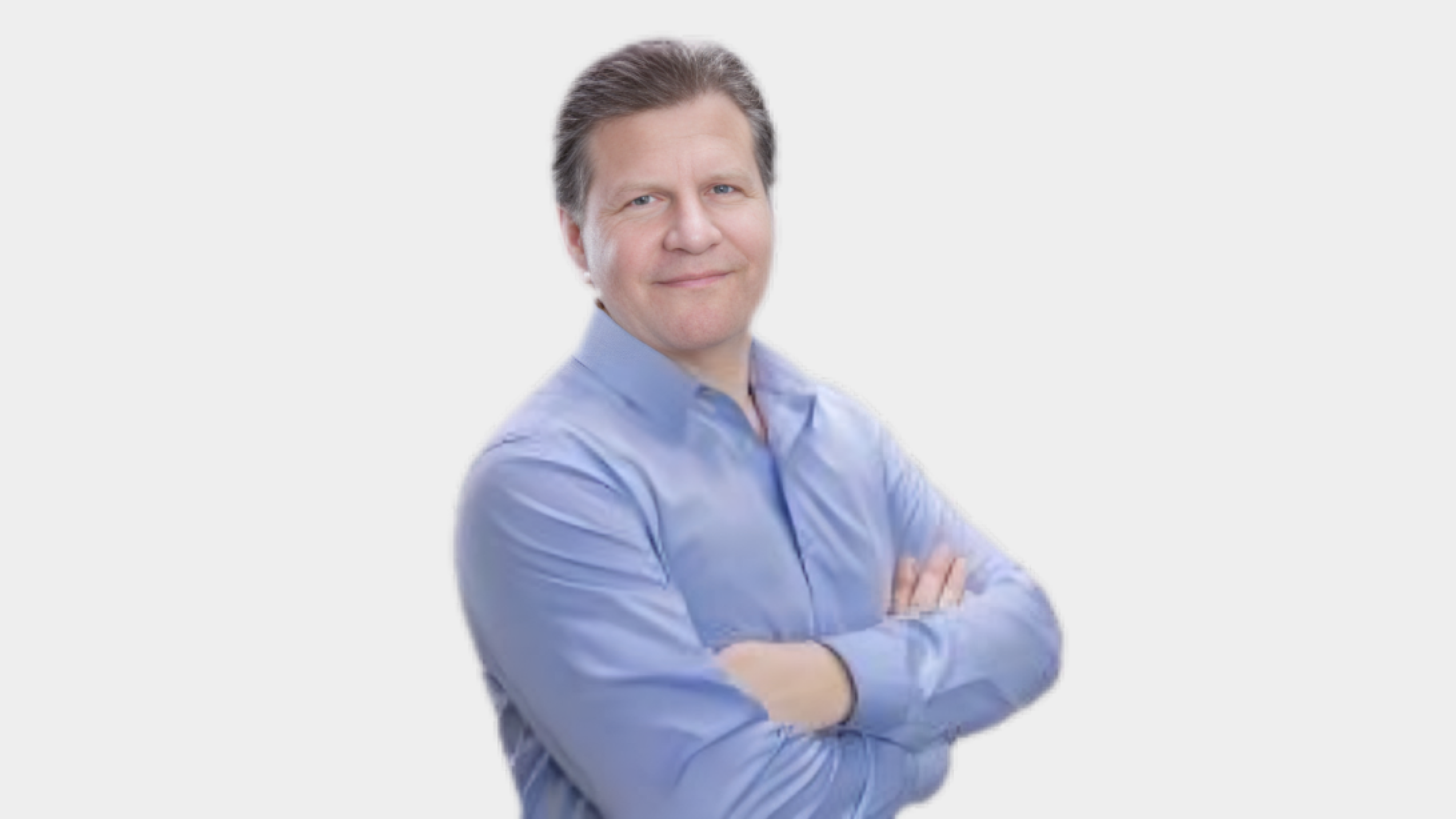One man’s trash is another man’s … plastic?
That’s what Tato Bigio has discovered as co-founder of UBQ Materials, an environmental startup that takes non-recyclable trash like greasy pizza boxes, mixed plastics and even dirty diapers and turns it into a non-oil-based plastic alternative.
“People probably think that waste is mostly plastics,” Tato says, “And the truth is that 80 to 85% of our waste is cardboard, paper, and food residues.”
Instead of competing with the recycling industry, UBQ complements it by picking up a sector that can’t otherwise be captured. Not only does UBQ chip away at our planet’s growing trash problem, but it does so with energy efficiency. Rather than using incinerators that operate at thousand-degree temperatures, they’re able to transform trash into plastic at temperatures comparable to your typical frozen pizza. That’s about one-sixth to one-eighth of the energy required to make a standard plastic.
Traction hasn’t been a problem, as many big companies are looking for more sustainable alternatives to plastic use. Pepsi is using UBQ for their pallets. McDonald’s uses the plastic alternative in trays, tables and chairs. And even luxury brands like Mercedes-Benz are swapping out oil-based plastic for plastic parts in their cars.
But innovation doesn’t come cheap. Since the company’s start in 2012, Tato and his team have done several funding rounds. On an episode of the How I Raised It podcast, Tato shares his fundraising journey over the last decade, including the importance of finding strategic investors and “intelligent money” early on.
Navigating the early days
When UBQ was founded in 2012, investing in environmental startups wasn’t as common as it is today. The Paris Agreement for climate change wasn’t adopted until 2015, and Tato didn’t start seeing a shift in the investment space until closer to 2019, when those recommendations went into effect.
So Tato and his team did what most companies do for their seed round: tapped angel investors — and their own accounts.
But when it came time to find the next level above their own wallets, Tato knew he needed to adopt a different mindset.
Holding out for strategy
You can get a check from just about anyone if you make a good enough case, but it’s never just about the money. Tato was holding out for what he calls “intelligent money” — strategic investors who have industry experience and could guide them through challenges.
Fortunately, he struck (plastic) gold. He asked around and got an introduction to a family who owned a set of plastic factory conglomerates. The head of the family warmed up quickly to the idea of creating plastic from something other than oil-based resins.
“He understood the potential of the technology. He did a very thorough examination of the technology. We could start cashing in substantial amounts of funding to develop the technology,” he explains.
That partnership ended up being especially fruitful. Not only did that investor reinvest every subsequent round, but the head of the fund ended up coming to work with Tato as co-CEO of UBQ Materials.
Since both CEOs are aligned in their mission to create a green, sustainable alternative to plastics, the union has been a happy one. That sort of alignment is exactly what Tato was looking for in a lead investor.
“There are so many sad stories because there is no right alignment between partners. So getting partners that align those is not easy, but it assures a much easier future,” he says.
The second company that invested in UBQ Materials was venture capital and private equity firm Battery Ventures, and Tato is especially grateful for their contributions.
“[Battery] proved to be extremely good in their corporate, legal and business advice, their network and their heart,” Tato shares.
Between the plastics expert and Battery Ventures, UBQ funded $170 million over time without having to shift the cap table in a substantial way.
Scaling up funds
Even with strategic investors on board, there still came a time when UBQ needed a significant jump in funding. Tato engaged venture capital firm Eden Global Partners in the fall of 2023 to close a $70 million round.
During the process of vetting the right partner, Tato still emphasized fit and alignment. He knew that UBQ wanted a bigger presence in the US, and having the next financial partner be based in the US was a natural match. Plus, he found that Eden’s business culture is very similar to what he’s developed at UBQ, further driving that necessary alignment.
This latest round of funding will support expansion in the US, including sales, marketing and additional production facilities. Even though the company has been operating for over a decade, Tato knows there’s very little margin for error. UBQ doesn’t have the security of a major plastics conglomerate, so the technology and execution have to be on point. So while expansion is on the horizon, he wants the basics covered first.
“We need to establish the baseline,” he says on the podcast. “We need to also create the package to license the technology. Once we are secure that we have control, and that our licensees can be monitored in the right way, that will enable us to expand faster.”
Staying engaged
Tato has some thoughts on what he’d say to his younger self, or anyone getting started in raising capital. The main takeaway? Keep your supporters close.
“Engaging your stakeholders is monumentally important in the success of your business,” Tato shares.
That doesn’t just extend to invested VCs and private equity firms. He also suggests maintaining close relationships with your suppliers, legal counsel, accountants and other professionals who make your business go. When problems inevitably arise, they’ll be much more inclined to help you find solutions.
This Article is based on an interview between Nathan Beckord and Tata Bigio on an episode of Foundersuite's How I Raised It podcast.


